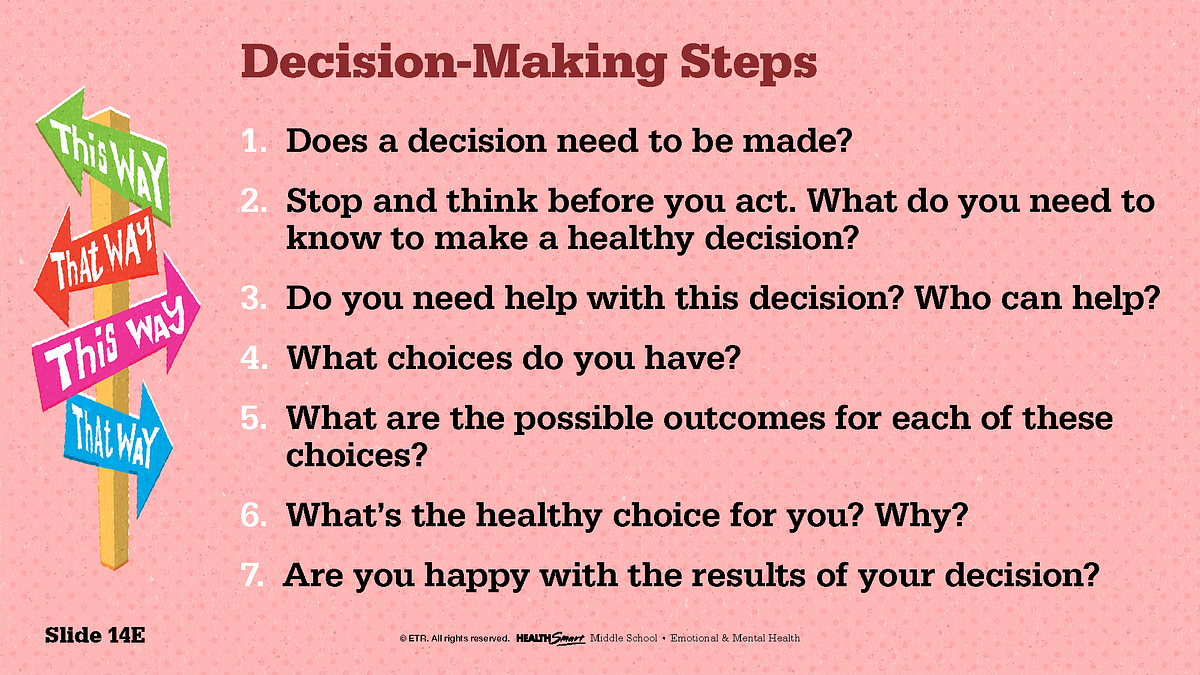Difficulties of Decision-Making in a Complicated Environment

In the current fast-paced and complex world, the ability to make sound decisions has never been more important. Whether it is in our private lives, professional settings, or during emergencies, the decisions we make shape our future and affect those near us. Yet, many feel themselves overwhelmed by the sheer volume of choices, uncertainties, and possible consequences linked to each choice. This complexity can result in decision fatigue, analysis paralysis, or even poor choices made in a hurry.
Mastering the skill of smart decision-making involves honing specific skills and applying proven techniques that improve our judgment. From learning how to assess choices effectively to developing emotional intelligence, the path to becoming a confident decision-maker requires self-awareness and a willingness to adapt. In this article, we will explore different strategies for improving decision-making skills, the mental processes that underpins our choices, and how to preserve mental clarity even in pressure. By understanding the nuances of decision-making, we can enable ourselves to handle life's challenges with greater assurance and insight.
Methods for Effective Decision-Making
Proficient decision-making often calls for a combination of critical thinking and emotional intelligence. One technique to boost your decision-making skills is to adopt decision-making frameworks that have demonstrated successful results across various contexts. For example, methods like SWOT analysis, which involves assessing assets, weaknesses, prospects, and threats, can help you systematically evaluate options. Utilizing such frameworks promotes a structured approach, allowing you to make educated choices even when faced with complex situations.
Another crucial technique is enhancing the ability to analyze options critically. This requires weighing the potential results of each option and grasping the implications they may have. To do this effectively, develop a pros and cons list for every significant decision. Not only does this assist clarify your thoughts, but it also aids in visualizing the consequences of each alternative, which can significantly diminish the feeling of being overawed. Knowing how to analyze alternatives can lead to more sure and clear decisions.
Lastly, cultivating emotional intelligence is crucial for effective decision-making . Being aware of your emotions and understanding how they influence your choices can enhance your ability to make sound decisions, especially under tension. Practicing presence can help you stay grounded, allowing you to take a moment and evaluate situations considerately rather than reacting impulsively. By merging emotional awareness with rational analysis, you can develop a balanced decision-making process that leads to superior outcomes.
The Role of Instinct and Feelings
Intuition often plays a crucial role in decision-making, especially in cases where time is limited or the options are complex. This gut feeling is shaped by previous experiences and implicit cognition, allowing individuals to make immediate assessments without needing to delve into detailed analysis. Many top performers and elite achievers rely on their instinct to guide them through challenging decisions, recognizing that their instinct can be shaped by a wealth of experience. This intuitive feeling can be a potent tool that supplements analytical thinking.
However, emotions also significantly impact decision-making. While emotions can provide critical indicators about personal values and preferences, they can also cloud judgment if not managed wisely. Emotional intelligence becomes essential in recognizing these feelings, allowing individuals to leverage the positive aspects of feelings while mitigating the downsides of spur-of-the-moment decisions driven by fear. Harmonizing feelings with logical reasoning can strengthen the decision-making process, ensuring that choices are aligned with both individual and ethical standards.
Additionally, combining instinct and emotion into decision-making requires training and self-awareness. By recognizing the role these elements play, individuals can develop a well-rounded approach to their choices. Training oneself to pause, consider, and assess the feelings of a decision can create insight and certainty. This blend of intuition and emotional insight helps people navigate challenges more efficiently, leading to smarter, balanced decisions in both personal and professional contexts.

Overcoming Decision-Making Obstacles
Choosing decisions in a challenging world often introduces multiple hurdles that can obstruct our capacity to decide wisely. One notable obstacle is the fear of making the wrong choice. This fear can result in inertia by analysis, where individuals become so swamped by choices that they find it difficult to take any decision at all. To counter how to make decisions faster , it's crucial to embrace a perspective centered around growth rather than excellence. Accepting the idea that every choice is an chance for development can help reduce the pressure and encourage active decision-making.
Another common obstacle is information overload, which occurs when individuals face too much information at once. This can lead to bewilderment and poor choices. To overcome this, utilizing mindfulness can be highly effective. Mindfulness practices help clear the mind and promote mental clarity, allowing individuals to concentrate on the critical elements relevant to their decision. Spending the moment to stop, reflect, and prioritize choices can streamline the choice process, allowing for more effective results.
Additionally, social influences can confuse decision-making. Social pressure and the anxiety of judgment can lead individuals to conform to group opinions rather than trusting their own intuition. To address this obstacle, cultivating EQ is crucial. Building self-awareness about one's emotions and understanding the dynamics of group interactions can empower individuals to take decisions aligned with their principles. By reinforcing personal beliefs and practicing assertiveness, one can navigate external influences effectively, leading to more genuine and satisfying choices.
